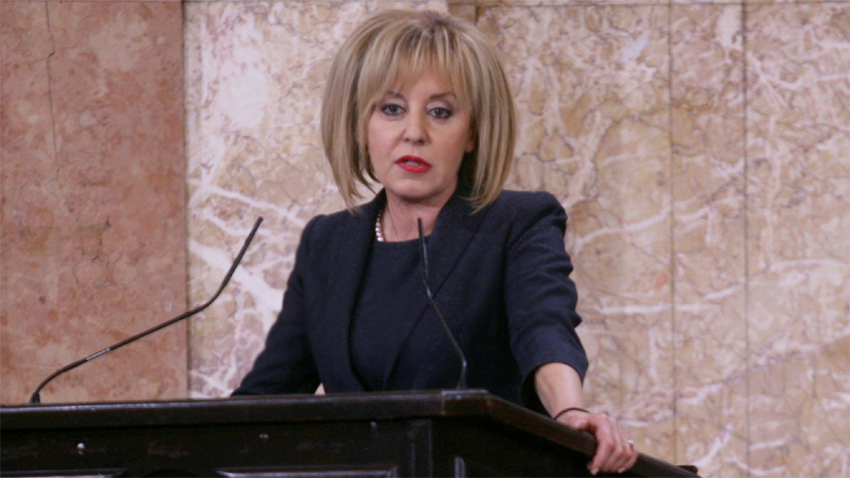Bulgaria hasn’t seen so far precise statistics on the number of women and girls – victims of domestic violence over the past years. Gender equality has been discussed for years, but politicians state that the existing legislation has not been efficiently implemented and does not cope with domestic violence. Bulgaria tops the gender stereotype rankings within the EU, Eurobarometer says. 81% of the Bulgarians think that the most important role of the woman is to take care of the home and her family, while most of the other Europeans say her role might be different. This country has so far ratified dozens of international conventions on gender equality and tolerance, but domestic violence didn’t disappear, experts claim.
The public discussion was once again triggered by the recent MP proposal on the discussion of a law, ratifying the Istanbul Convention. The issue has been claimed to be not so much political, but of a rather moral character and the public was called on to voice its stance to politicians. The latter organized in Sofia a huge public discussion with the participation of over 200 representatives of civic and non-governmental organizations. The meeting lasted a bit over two hours and any views on morality, gender, religion, patriotism and politics were heard. The major obstacle turned out to be a text of the Istanbul Convention, mentioning gender education and tolerance towards people with different sexuality. One of the reasons claimed was pointed at the meaning of the English word ‘gender’ – it sets the right of self-determination in regard to the state of being male or female (typically used with reference to social and cultural differences rather than biological ones).
 Minister of Justice Tsetska Tsacheva explained the stance of this country in relation with the April 2016 signing of the Convention: “The Istanbul Convention is the first document ever, establishing an overall legislative frame in protection of women and girls against any form of violence, including domestic violence,” she said and added:
Minister of Justice Tsetska Tsacheva explained the stance of this country in relation with the April 2016 signing of the Convention: “The Istanbul Convention is the first document ever, establishing an overall legislative frame in protection of women and girls against any form of violence, including domestic violence,” she said and added:
“The major message of the Istanbul Convention is that no one can be abused because of gender identity, being victim of physical or personal violence due to this identity. ‘Gender’ has been the most widely commented term of the Convention, as its Bulgarian translation is associated as ‘sex’. The society shouldn’t let itself be fooled by any twisted interpretations and the presumption on hidden meaning behind the good-natured purpose of equality between men and women.”
 National ombudsman Maya Manolova protects civil rights within our society. In her words violence against women is drastic and rude breaching of human rights. Each 4th woman in Bulgaria has been victim of domestic violence, it affects some 1 mln. Bulgarian women, she says and adds:
National ombudsman Maya Manolova protects civil rights within our society. In her words violence against women is drastic and rude breaching of human rights. Each 4th woman in Bulgaria has been victim of domestic violence, it affects some 1 mln. Bulgarian women, she says and adds:
“Given the statistical data provided by NGOs, I can’t agree with the statement, claiming that Bulgaria has acting and effective legislation, making possible the preventing of violence. Moreover, a series of violent acts haven’t been incriminated at all. It’s not a surprise – I have myself seen national domestic violence statistics, claiming that the number of victims at some spots was zero.”
 All practical arguments in support of the Istanbul Convention end at the point of looking at it from the religious and philosophical point of view. In this relation the text of the Istanbul Convention was said to be unacceptable for the Bulgarian Orthodox Church and the rest of the Christian denominations in this country. The Holy Synod of the Bulgarian Orthodox Church proclaimed a declaration, insisting that the Convention should not be ratified. The reason given against the Convention is that the gender self-determination it provides for contradicts the Christian doctrine and this inevitably will result in ‘mankind’s spiritual death’.
All practical arguments in support of the Istanbul Convention end at the point of looking at it from the religious and philosophical point of view. In this relation the text of the Istanbul Convention was said to be unacceptable for the Bulgarian Orthodox Church and the rest of the Christian denominations in this country. The Holy Synod of the Bulgarian Orthodox Church proclaimed a declaration, insisting that the Convention should not be ratified. The reason given against the Convention is that the gender self-determination it provides for contradicts the Christian doctrine and this inevitably will result in ‘mankind’s spiritual death’.
“The Istanbul Convention contains this new self-defining understanding about man, as a person without God, following his or her will and desires to such a degree which results even in gender self-determination. This opens wide doors for moral degradation, resulting only in our psycho-physical self-destruction”- words of Stara Zagora’s Metropolitan Cyprian.
The public discussion continues and new participants are to join it. What’s more important is the awakening of the public spirit which should always remain active and vigilant, in regard to any proposal coming from our politicians.
English version: Zhivko Stanchev
For more than a week now, the story of a family of breeders raising local breeds of sheep has captured the attention of not only the Bulgarian public, but also of compatriots abroad. Instead of following the drama in Parliament and the struggle for..
Who said Bulgarians were grumpy pessimists? Take a stroll through Sofia's Christmas bazaars and meet the cheerful crowd. The festive decorations, music, merry-go-rounds and stalls overflowing with treats and handmade souvenirs can make the gloomiest..
Bulgarian studies are highly valued at the Bogdan Khmelnitsky State Pedagogical University in the Ukrainian city of Melitopol. So it comes as no surprise that the university is hosting the latest edition of the International Bulgarian Studies Readings,..
The 22nd edition of the "Bulgarian Christmas" charity performance will take place tonight at the Ivan Vazov National Theatre. The initiative is held..
Dear friends, We at Radio Bulgaria send you our warmest wishes for a Merry Christmas! May your hearts overflow with joy, your homes be filled..
For the fifth consecutive year, the Sketches of Sofia initiative have delighted Sofia's residents with gifts placed at the city's statues . Every year,..

+359 2 9336 661
